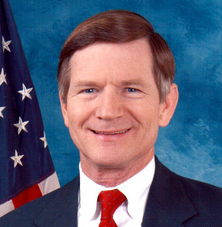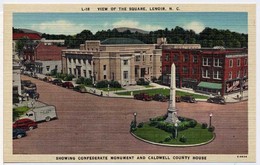 As we saw in
AT&T’s Internet Predictions from 1993,
the telco view of the Internet is as a telco-provided service.
This is radically different from the Internet we have grown accustomed to,
but it is what we are likely to get without net neutrality.
Doc Searls gets to the gist:
As we saw in
AT&T’s Internet Predictions from 1993,
the telco view of the Internet is as a telco-provided service.
This is radically different from the Internet we have grown accustomed to,
but it is what we are likely to get without net neutrality.
Doc Searls gets to the gist:
The short of it is this: As long as we understand the Net as what Jay Sulzberger calls “some bundle of services delivered by the Telephone Company and/or the Cable Company”, we’ll not only never have Net Neutrality, but not even a conclusive conversation about it.If the big-telco-provided Internet were actually a free market for Internet service provision, we could maybe leave it to the market to protect Internet participants by providing open access among them. But it’s not; it’s at best a duopoly (telco and cableco) in most places in the U.S. So we need laws to provide for open access. And it would be nice if we also had more service providers, so there would be some semblance of competition.We also can’t have a productive conversation about it if we start with a regulatory conclusion and work our way back to businees from there.
Here’s a frame that may help: The Net is the best platform for free enterprise ever created. How do we help get that built out for everybody? I suggest that we’ve barely started, and that what Cringely gets from Comcast (and what most of us get from whatever company provides it) is still just an early prototype.
— What Net do we want? Doc Searls, 17 April 2007
-jsq
 Rep. Lamar Smith (D-Austin) recently (9 Apr)
said he didn’t understand net neutrality
Rep. Lamar Smith (D-Austin) recently (9 Apr)
said he didn’t understand net neutrality

